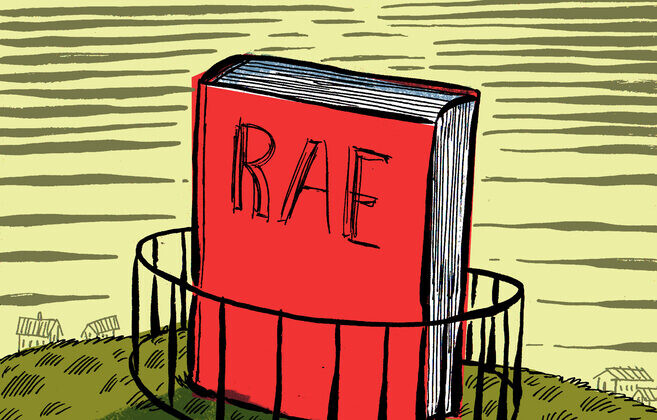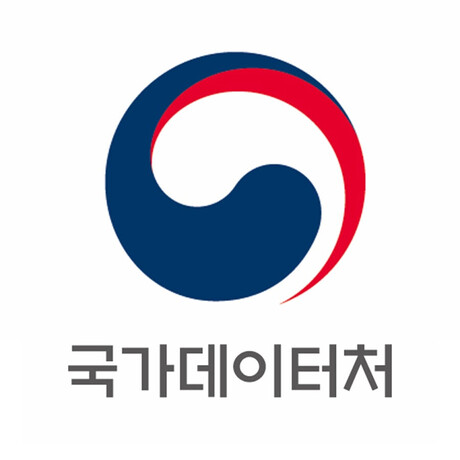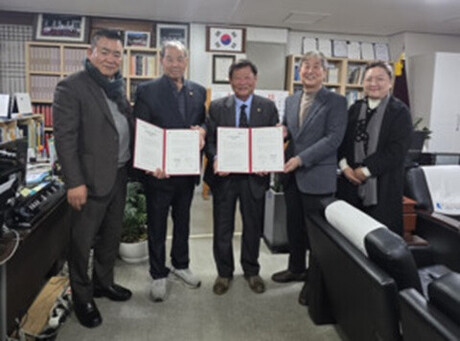
Amidst recent heated debates over the use of racist language in football, politics, and society at large, the definitions of each term as defined by the Royal Spanish Academy (RAE) and the importance of linguistic context according to cultural spheres are being highlighted.
Recently, the RAE clearly presented the definitions of terms such as 'Racismo' (Racism), 'Macaco' (Macaque, Monkey), and 'Xenofobia' (Xenophobia) through its official Spanish dictionary.
Racismo (Racism): Belief that a particular racial group is superior to others, leading to acts of social discrimination or persecution. (Synonyms: segregation, separatism, discrimination)
Macaco (Macaque): Quadruped mammal very similar to monkeys but smaller, with a tail, a protruding snout, and a flat face. (The third meaning is a derogatory slang term, used pejoratively in Argentina.)
Xenofobia (Xenophobia): Hatred of foreigners or foreign cultures.
Misoginia (Misogyny): Strong aversion to women.
Aversión (Aversion): Feeling of repugnance or disgust towards a person or thing.
While the RAE's definitions provide the basic meanings of each term, whether a specific word constitutes a racist insult can depend on individual interpretation. However, for Brazilians, the word 'macaco' is unequivocally perceived as a racist expression when directed at them. This indicates that the meaning of language is not limited to its dictionary definition but can be interpreted differently within specific cultural and social contexts.
Additional Information for Deeper Understanding:
Cultural Context of 'Macaco': In the Spanish-speaking world, 'macaco' may simply refer to a monkey. However, in Brazil and some other South American countries, it is used as a racist slur to demean people with dark skin. This is a result of negative images historically associated with the Black slave trade. Therefore, the implication of the same word can vary completely depending on the cultural background in which it is used.
Sports and Racism: Recently, incidents of making monkey noises or shouting 'macaco' at Black players in football stadiums have frequently occurred, causing international outrage. This clearly demonstrates the problem of racism prevalent in the sports world and shows that the term was used with clear racist intent.
Language and Social Responsibility: Language is more than just a tool for communication; it plays an important role in reflecting and shaping social perceptions and attitudes. Therefore, being sensitive to the social meaning and impact of specific words and refraining from using language that promotes discrimination and hatred is the responsibility of all members of our society.
Role and Limitations of the RAE: The RAE is an authoritative institution that sets and disseminates the norms of the Spanish language. However, it may have limitations in encompassing the changes in the social meaning of language and diverse cultural contexts. Therefore, while the RAE's definitions should be consulted, a socially sensitive and cautious approach is necessary in actual language use.
In conclusion, while the basic meanings of terms such as 'racism', 'macaco', and 'xenophobia' can be understood through the RAE's dictionary definitions, their actual meaning and impact can vary greatly depending on the context of use and cultural background. In particular, greater awareness is needed regarding words like 'macaco' that carry serious racist connotations in specific cultural spheres, and a sense of social responsibility should be exercised in language use.
[Copyright (c) Global Economic Times. All Rights Reserved.]






























